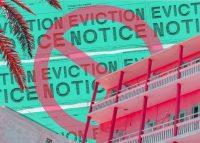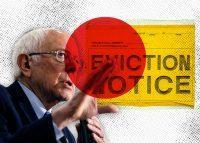While New York State halted evictions Sunday, the fate of mortgage debt, foreclosures and bankruptcy proceedings remains in limbo.
“Everything is still being worked out,” a court spokesperson wrote in a statement to The Real Deal, in response to a question of whether the court will extend the moratorium to bankruptcies, foreclosures and mortgage payments.
It is unclear when a decision will be made on a plan to address the financial distress that will emerge if and when large swaths of commercial tenants stop paying rent.
New York Gov. Andrew Cuomo — along with the governors of Connecticut and New Jersey — announced that starting 8 p.m. on Monday, movie theaters, venues, gyms, bars and restaurants would close in an attempt to prevent further spread of the coronavirus. A loss of business for those tenants could hurt their abilities to pay rent. (Restaurants and bars will be permitted to provide customers with takeout and delivery services.)
During the moratorium, eviction notices can still be issued, but will not proceed in court during the ban.
In a memo released yesterday afternoon, New York State’s top administrative judge, Lawrence Malks, suspended all eviction proceedings until further notice. The memo specified that courts other than the Supreme Court will remain open for civil matters, for “essential applications as the courts allow.”
Read more of our coverage on housing policy amid the global health crisis





The uncertainty over what will happen when renters and commercial tenants are unable to make payments comes as the global pandemic intensifies. At 950, New York’s number of confirmed cases is the highest in the nation as of March 16.
Earlier in March, the Italian government introduced a moratorium on mortgage and other debt payments during the emergency to help consumers and businesses cope. High debt loads may pose a major risk to real estate firms and other businesses in the event of a prolonged crisis.
